If industrial sites are the sleeping beauties of the energy transition, then GRITH is coming to wake things up! Based on the insight that industrial sites and business parks feel the need to move forward in this green transition, the sense of urgency and call for support was reflected at the kick-off partner meeting in May 2023, just a month after official project approval. What's been happening since then?
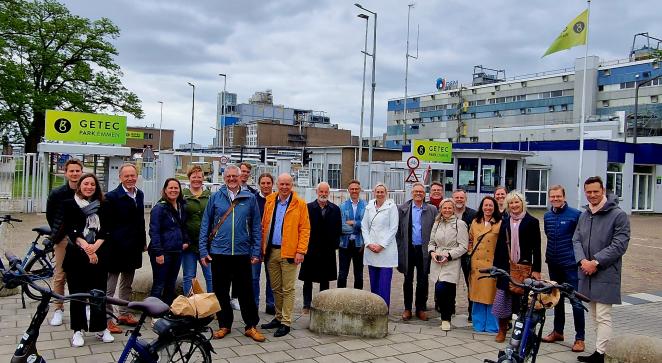
There are 8 partners from 6 countries participating in the Green Renewable Industrial Transition Hotspots project.
Open & eager cooperation
An open and eager cooperative culture between the transnational partners was directly established at the kick-off partner meeting in Drenthe, setting the stage to demonstrate challenges, opportunities and the beginning of potential solutions. Through this easy exchange, it was soon clear what the hosting partners from Drenthe and Emmen can learn from other GRITH partners.

Mapping industrial sites
First step was to map the industrial sites involved or targeted by the GRITH consortium, identifying similarities and differences. Results of this inventory clarified that GRITH includes both large-scale site with heavy industry and more diverse business parks with predominantly SMEs. The first category has a huge energy consumption and decarbonization challenge, the second on average a lower energy consumption but also less organization, making the transition to renewable energy just as challenging. Both categories require different approaches and solutions.
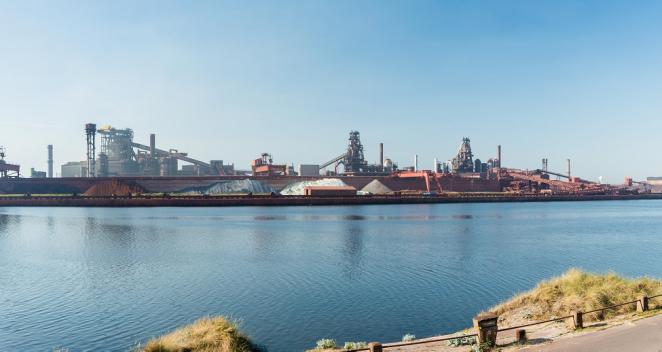
Large scale sites
The large-scale industry in Hauts-de-France, Wesermarsch and Emmen need more energy efficiency while, at the same time, generating or accessing more renewable energy. Facilators, Pôlénergie, Wirtschaftsförderung Wesermarsch and the Municpality of Emmen, discussed possibilities to increase energy efficiency with their site representatives, supported by regional cooperation. To this end Emmen is building an energy community, including both heavy industry on the one hand and SMEs on the other. This approach was inspired by the existing energy community in partner city Mechelen and a transnational workshop held on the subject. Meanwhile Wesermarsch has - together with its industries - successfully lobbied to have the region and its large-scale industry connected to the projected national German hydrogen backbone. In addition, Wesermarsch has pushed the realization of the first commercially used electrolyzer in their region, which will provide hydrogen from 2025 on. Impressive results already!
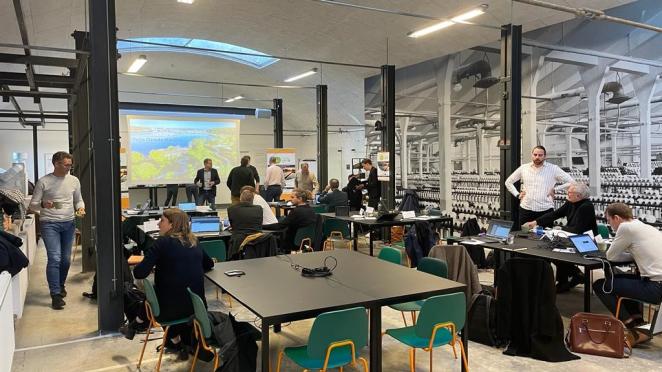
Partner progress
The other GRITH partners have also reported significant progress in the first phase of the project.
- Business parks in Mechelen, Vejle, Borås and Drenthe benefited from more focused policies, inspired by GRITH.
- Mechelen Noord business park / industrial site integrated energy transition with spatial planning, while the municipality is driving forward with energy sharing between enterprises on these sites using an energy broker.
- In Vejle, the municipal climate goals have been translated into the plans for industrial sites and business parks, inspiring local partnerships. Plans are also in place for an energy park on the Give site, boasting no less than 14 wind turbines and 300 Ha of solar panels. Room for a biogas plant and energy storage has been included. The energy park is expected to be operational in 2029 – 2030.
- The City of Borås has been pushing increased production of renewable energy on business park roofs, with a focus on solar energy.
- Emsland has challenged its business parks to join the GRITH consortium in setting higher ambitions regarding the energy transition.
- Drenthe has offered its industrial sites and business parks an Energy Potential Scan and support in their energy transition design.
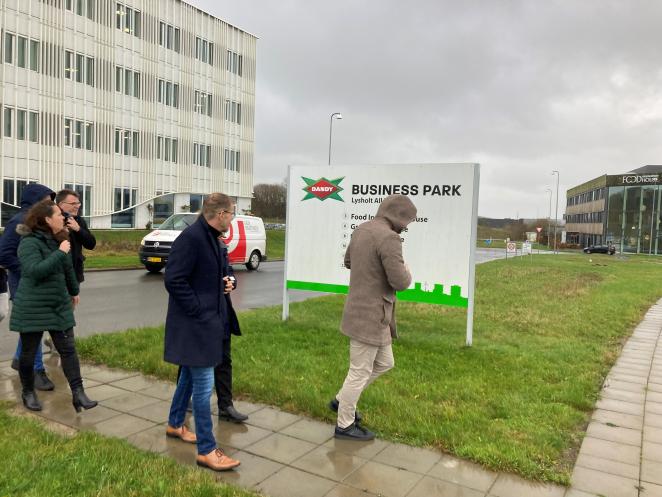
New impulses in Vejle
The strong transnational cooperation and shared learning received new impulses during the second partner meeting in Vejle, Denmark, last November. Here the partners discussed the strengths and weaknesses of different instruments and strategies. It was a perfect opportunity to learn more about Sankey diagrams and to gain more insight on the business model canvas. These tools provided a template for site-specific, next generation energy transition plans.
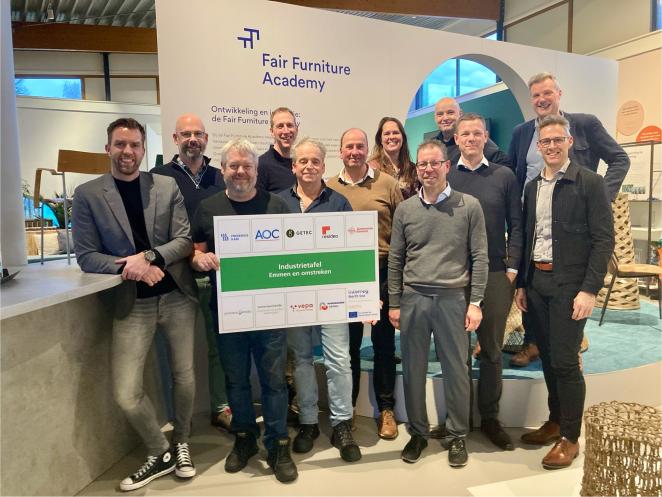
Connecting networks
Of course, transnational cooperation is not limited to half-yearly partner meetings. In between, several theme-related online workshops and bilateral contacts has contributed to active exchange. This is further supported by partners building connections with relevant national networks. Highlights, in terms of valuable connections developed in the course of the project, are:
- Mechelen and Blue-Gate Antwerp
- Borås's collaboration with RISE
- Emmens links with the project ‘Zonneroute A37
- Wesermarsch’ participation in OLEC and Niedersächsisches Wasserstoffnetzwerk
- Pôlénergies collaboration with ADEME on the French Low Carbon Industrial Zone (ZIBAC) programme
- Drenthes application for increased national support for sites and businesses in the province.
We can safely say that the GRITH results and progress in the first phase of the project are very promising. This marks an energetic awakening for industrial sites.
